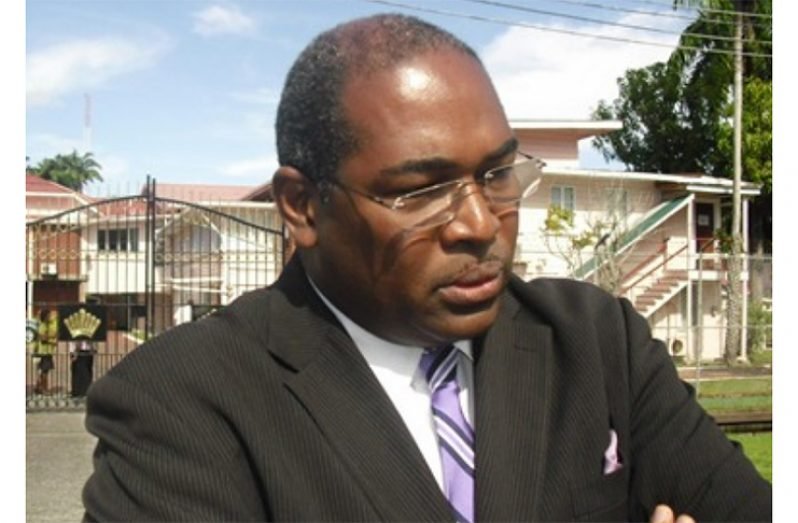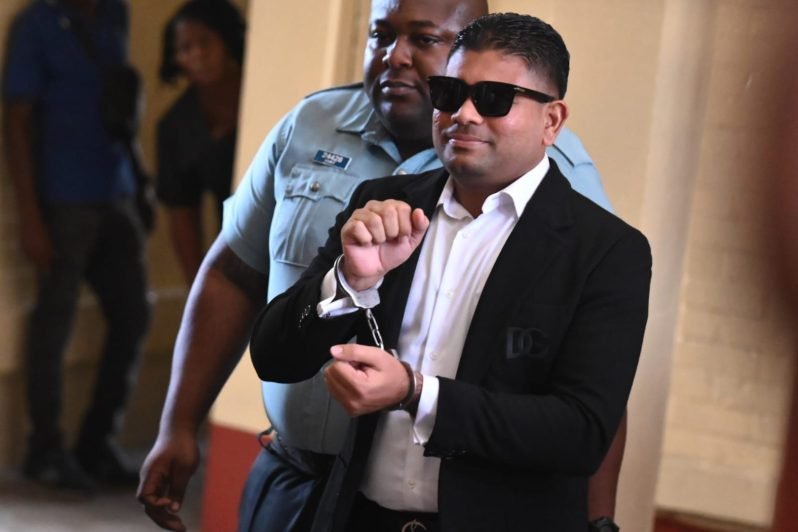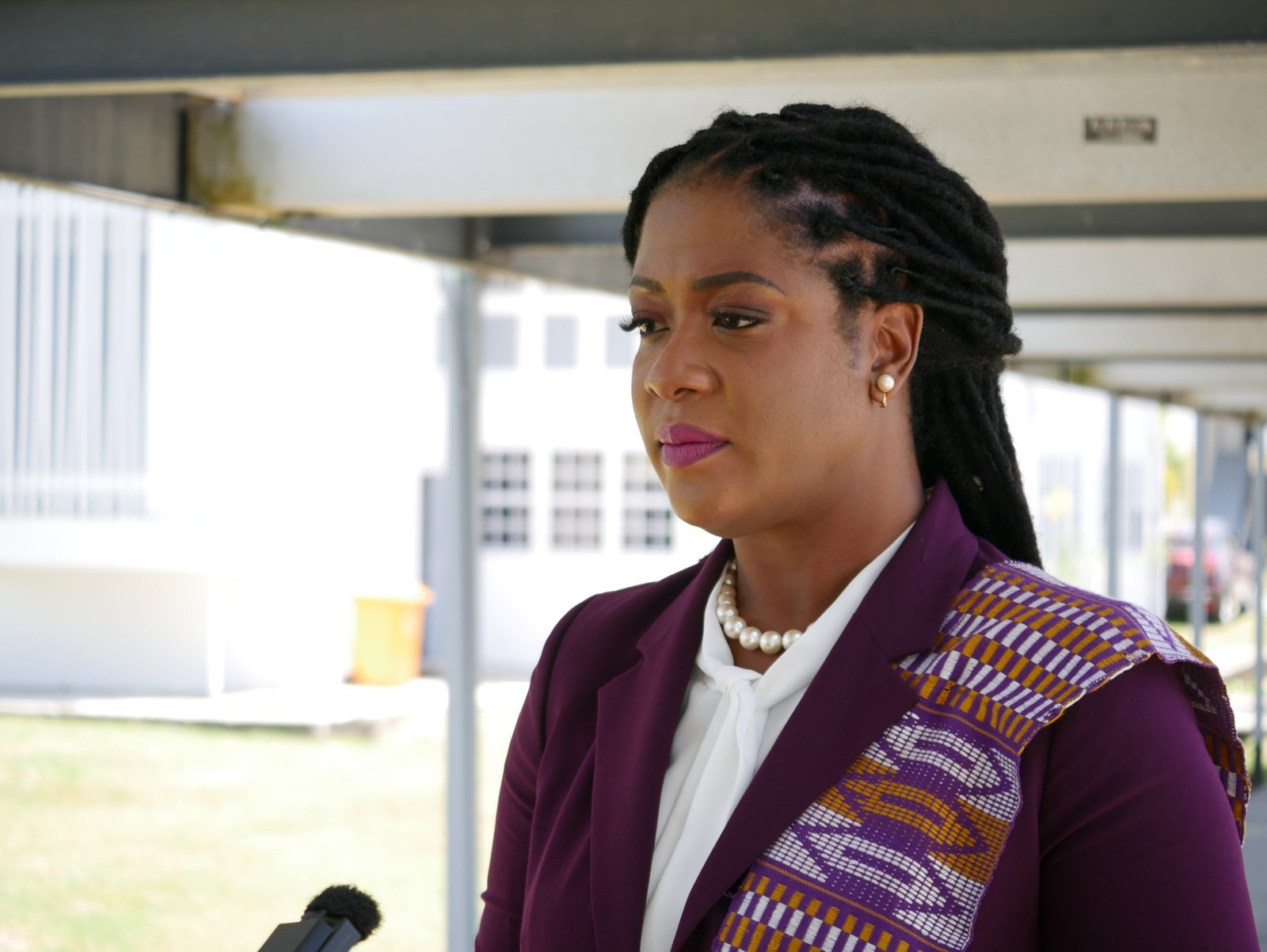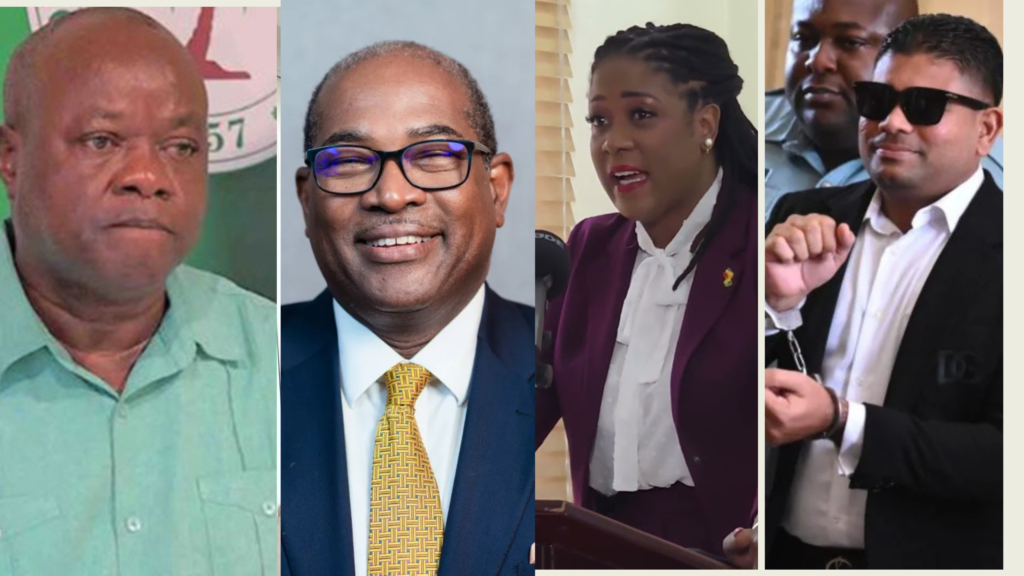In the lead-up to the upcoming elections, four opposition figures—Aubrey Norton, Nigel Hughes, Amanza Walton-Desir, and Azruddin Mohamed—have emerged with ambitions to occupy the highest office in Guyana. However, a closer examination of their actions, affiliations, and motivations reveals that none of these candidates are suited to lead a modern, diverse, and forward-looking Guyana.
Aubrey Norton: A Leader Trapped in Racial Politics

When Aubrey Norton was appointed leader of the People’s National Congress (PNC), he made an immature and divisive statement by refusing to shake hands with President Dr. Irfaan Ali. This act alone signalled a concerning disrespect for democratic norms and the office of the presidency. Ironically, Norton has since changed his stance, seemingly realizing that all citizens must respect an elected president—an overdue but significant realization.
Norton has repeatedly accused President Ali and Vice President Bharrat Jagdeo of racism, specifically targeting the Indo-Guyanese community in a calculated and unfounded manner. This obsession with race has influenced Norton’s political narrative. Rather than proposing inclusive policies for all Guyanese—especially for the Afro-Guyanese population he claims to represent (which makes up 29.1% of the population)—he has turned to racial division, stemming from his inability to offer meaningful economic or social policies.
Even within his party, Norton has failed to demonstrate diversity. Few Indo-Guyanese occupy leadership roles in the PNC, and Norton has never actively reached out to them or championed inclusivity. His actions echo the troubling era of Forbes Burnham, who drove thousands of Indo-Guyanese to leave the country. With Indo-Guyanese still making up nearly 40% of the population, Norton’s racial strategy is not only outdated—it is politically disastrous. Following the elections, the PNC is likely to dismiss him completely and he will be forgotten by all Afro-Guyanese.
Nigel Hughes: The Vote-less Politician

Nigel Hughes, recently appointed as the leader of the Alliance for Change (AFC), is encountering a significant challenge due to low voter support. His predecessors, Khemraj Ramjattan and Moses Nagamootoo, promised David Granger they would deliver 50,000 voters but managed to produce only a disappointing 5,000. Hughes is now pursuing the same strategy, despite lacking any visible numbers.
There is no evidence that Hughes has support from any significant demographic group in Guyana. He finds himself in a desperate race with Norton for influence over the same 29.1% of the Afro-Guyanese population, and even in that context, he appears to be invisible. Norton should ask Hughes a serious question: Where are your supporters? Do you have a list of your voters? The response would be deafening silence because Nigel Hughes does not have one.
At this point, Hughes is more likely to compete for several opposition seats in Parliament than to have a genuine chance of winning the presidency; however, he will struggle to secure even one seat. His candidacy seems to be more symbolic than strategic.
Azruddin Mohamed: The Sanctioned Fraudster

Among all the candidates, Azruddin Mohamed’s ambitions are worrisome. He is a convicted individual who has faced sanctions from both the U.S. Office of Foreign Assets Control (OFAC) and the FBI for money laundering and gold smuggling. Reports indicate that he owes over USD 50 million to the GRA. He was recently recorded on video falsely claiming that he purchased a Lamborghini for $75,000 when the actual payment was closer to $695,000—a clear case of fraudulent invoicing.
Azruddin lacks formal education and public policy experience. His campaign relies solely on money to buy influence and votes, a morally bankrupt and legally questionable strategy. Worse, despite being a Muslim, he has criticized President Ali—who is also a Muslim—for not supporting him, further alienating the 6.8% Muslim population in Guyana, which has now completely rejected Azruddin and his father, Nazar Mohamed.
Azruddin is meeting with Amerindians in their villages to inform them that President Dr. Irfaan Ali and Vice President Dr. Bharrat Jagdeo have wrongly accused him. Azruddin insists he is innocent. However, everyone knows he is a notorious liar, money launderer, gold smuggler, and invoice fraudster. The PPP must address these false accusations within the Amerindian community.
Amanza Walton-Desir: Fragmenting an Already Weak Opposition

Amanza Walton-Desir has decided to establish her own political party after leaving the PNC, but her strategy is fundamentally flawed. She is also targeting the same 29.1% Afro-Guyanese demographic that Norton and Hughes are relying on. Instead of uniting for a broader national appeal, these three undermine each other’s bases, weakening the opposition’s effectiveness and reach.
Like Norton and Hughes, Amanza has not offered a policy framework that addresses the Indo-Guyanese, Amerindian, or Mixed-Race communities, which comprise over 70% of Guyana’s population. Without a strategy to unite the nation, her political aspirations will remain unrealistic—potentially achievable in 50 years, but certainly not today.
The presence of Ronald Bulkan and Mark Archer at Amanza Desir’s press conference suggests that her new party, “Forward Guyana,” is merely a repackaged version of the failed coalition politics voters rejected in 2020. The only thing “Forward” about it is the name.
The Final Verdict
The notable flaws of these four candidates are apparent and disqualifying:
- Aubrey Norton is a polarizing politician lacking an inclusive agenda.
- Nigel Hughes lacks a voter base and any viable pathway to leadership.
- Azruddin Mohamed is a fraudster facing potential extradition to the U.S., and if found guilty in the invoice fraud case in Guyana, he will serve time in jail.
- Amanza Walton-Desir is further fragmenting the opposition without cross-community support.
Ultimately, neither of these opposing presidential candidates possesses the necessary qualities to advance Guyana. A fragmented, racially divisive, or policy-deficient approach cannot effectively challenge a government with a proven track record, significant achievements, and a national mandate. The presidency of Guyana requires integrity, unity, and vision—qualities that are sorely lacking in all four opposition candidates.
For the past five years, the PPP government, led by Dr. Irfaan Ali, Mr. Mark Phillips, and Dr. Bharrat Jagdeo, has kept all the promises made in 2020. They are dedicated to upholding their commitments again when elected on September 1, 2025.





